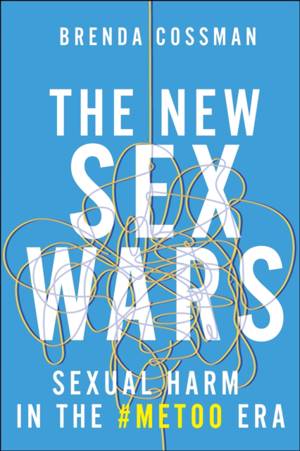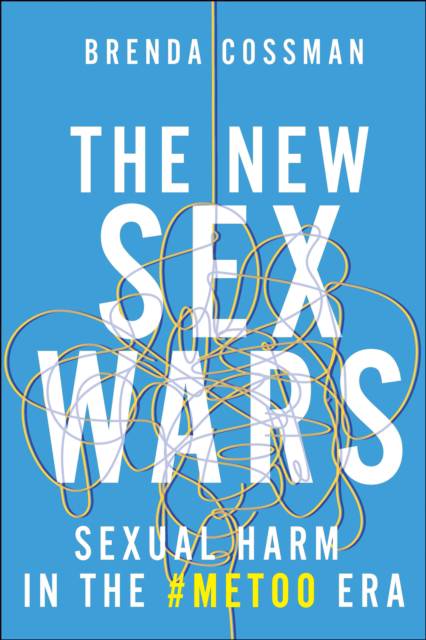
- Retrait gratuit dans votre magasin Club
- 7.000.000 titres dans notre catalogue
- Payer en toute sécurité
- Toujours un magasin près de chez vous
- Retrait gratuit dans votre magasin Club
- 7.000.000 titres dans notre catalogue
- Payer en toute sécurité
- Toujours un magasin près de chez vous
76,45 €
+ 152 points
Description
Revisits the sex wars of the 1970s and '80s and examines their influence on how we think about sexual harm in the #MeToo era
#MeToo's stunning explosion on social media in October 2017 radically changed--and amplified--conversations about sexual violence as it revealed how widespread the issue is and toppled prominent celebrities and politicians. But, as the movement spread, a conflict emerged among feminist supporters and detractors about how punishment should be doled out and how justice should be served. The New Sex Wars reveals that these clashes are nothing new. Delving into the contentious debates from the '70s and '80s, Brenda Cossman traces the striking echoes in the feminist divisions of this earlier period. In exploring the history of past conflicts--the resistance to finding common ground, the media's pleasure in portraying the debates as polarized cat fights, the simplification of viewpoints as pro- and anti-sex--she shows how they have come to shape the #MeToo era. From the '70s to today, Cossman examines tensions between the need for recognition and protection under the law, and the colossal and ongoing failure of that law to redress historic injustice. By circumventing law altogether, #MeToo has led us to question whether justice can be served outside of the courtroom. Cossman argues for a different way forward--one based on reparative models that focus on shared desired outcomes and the willingness to understand the other side. Thoughtful and compelling, The New Sex Wars explores what can been learned from these stories, what traps we repeatedly fall into, how we have been denied our anger, and where to begin to make law work.Spécifications
Parties prenantes
- Auteur(s) :
- Editeur:
Contenu
- Nombre de pages :
- 280
- Langue:
- Anglais
Caractéristiques
- EAN:
- 9781479802708
- Date de parution :
- 26-10-21
- Format:
- Livre relié
- Format numérique:
- Genaaid
- Dimensions :
- 157 mm x 231 mm
- Poids :
- 566 g







